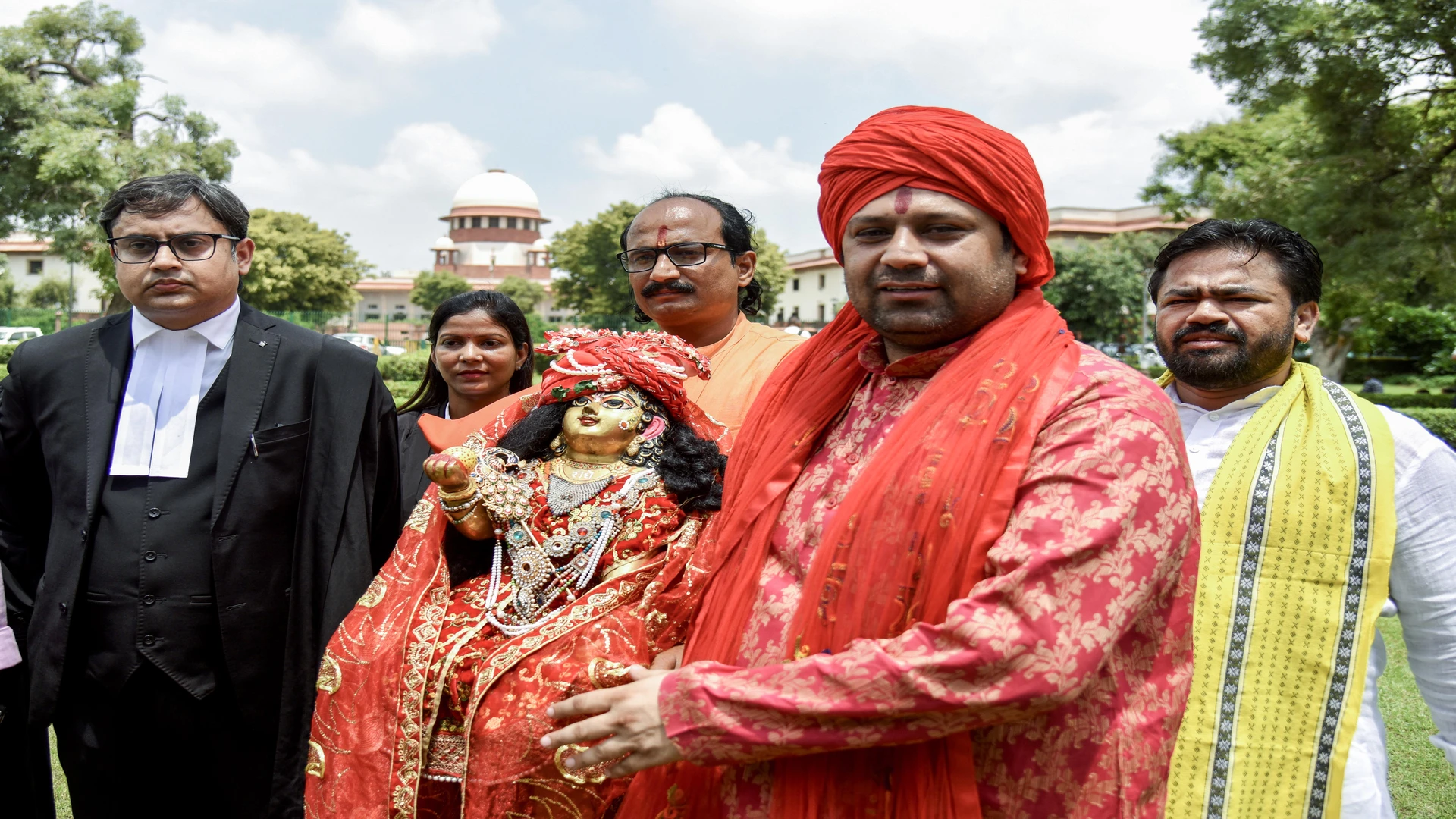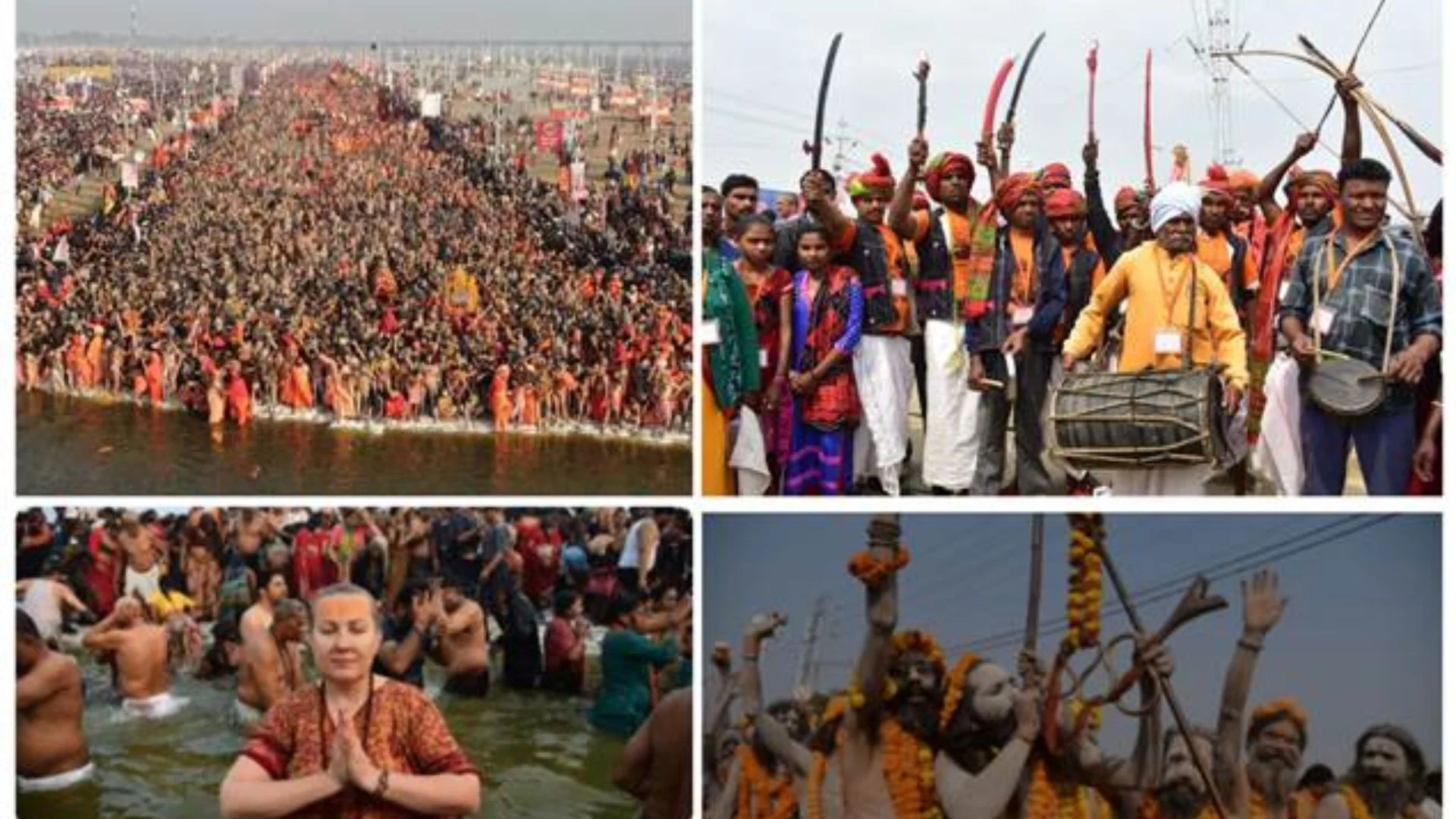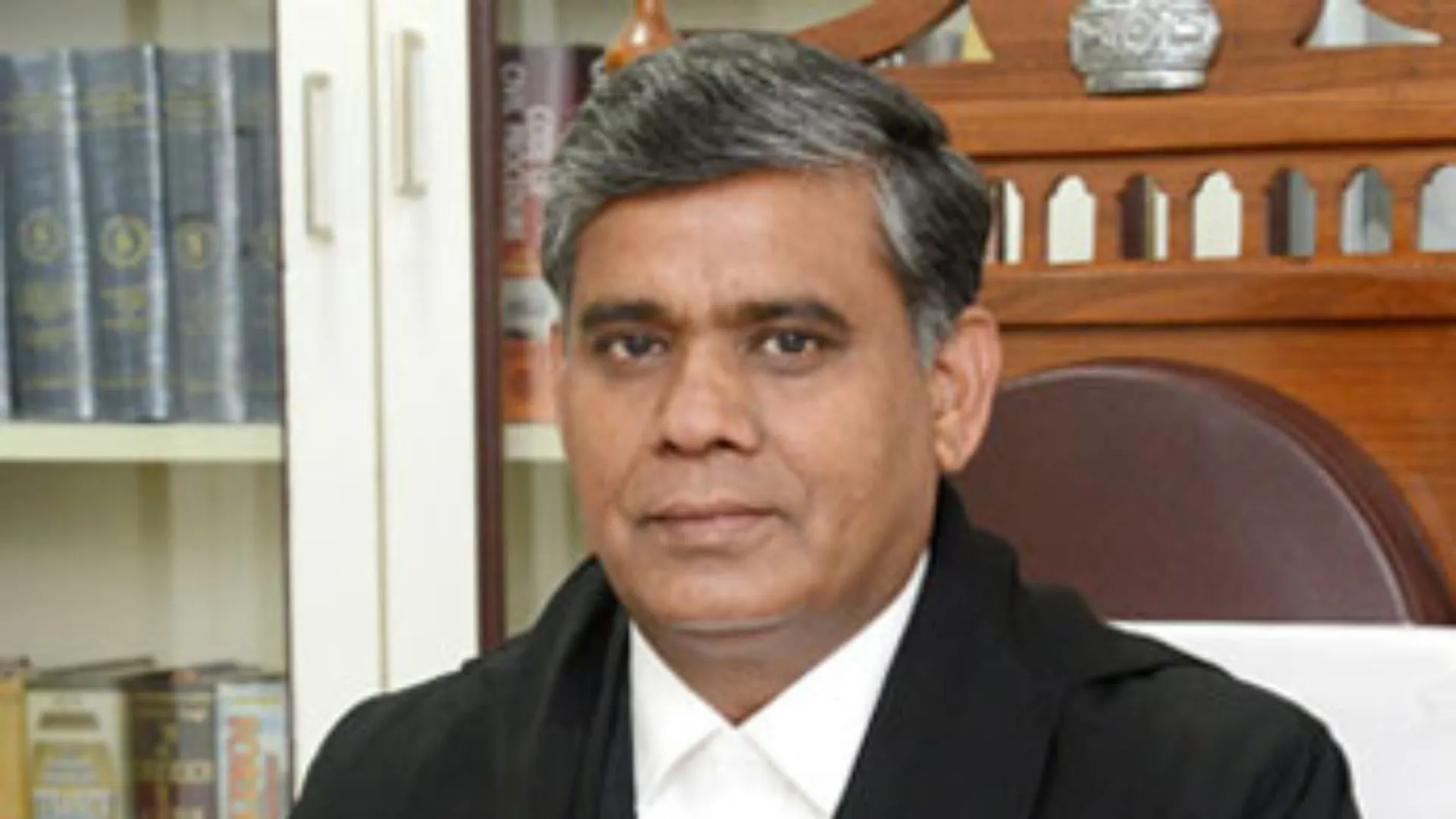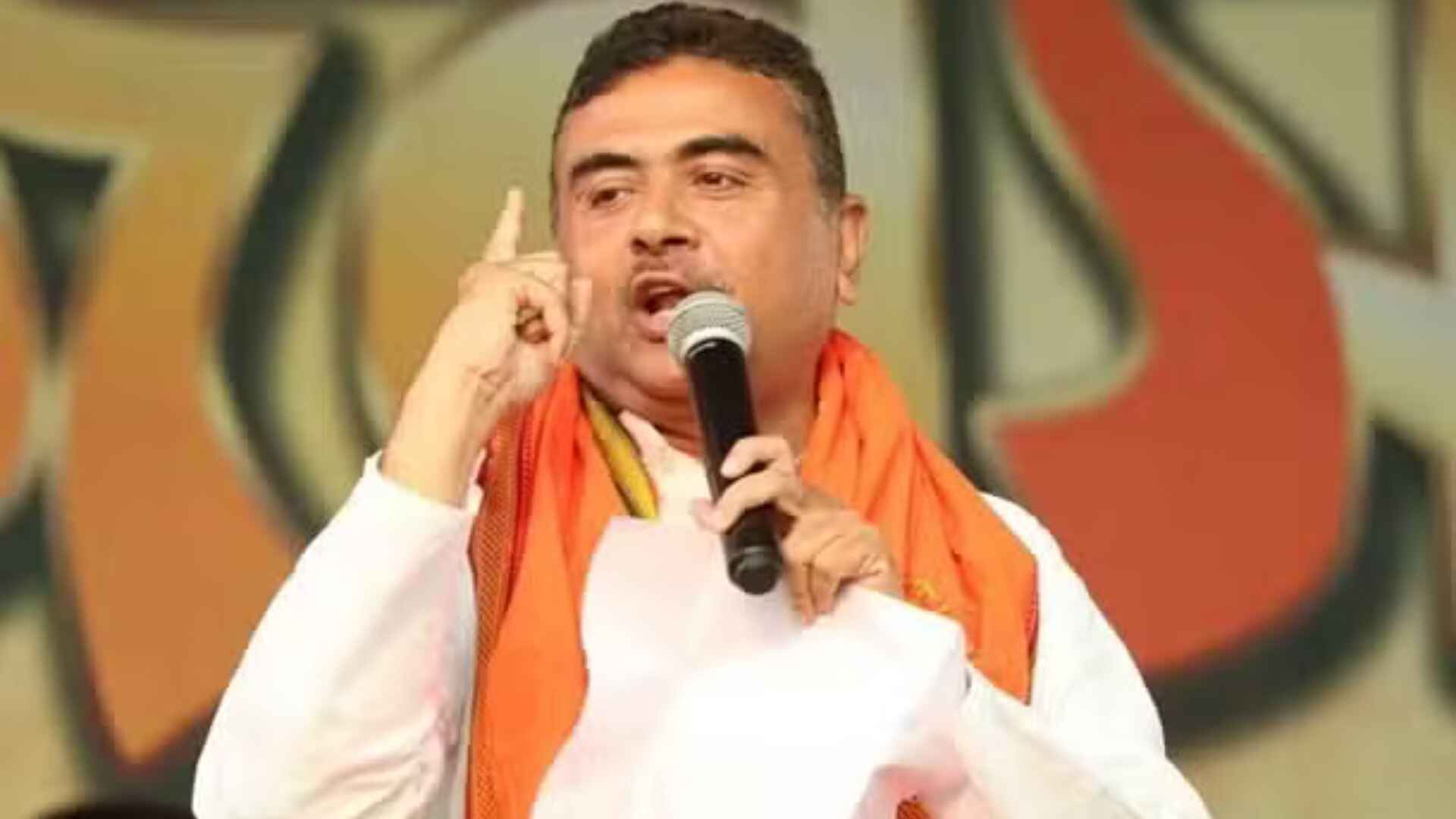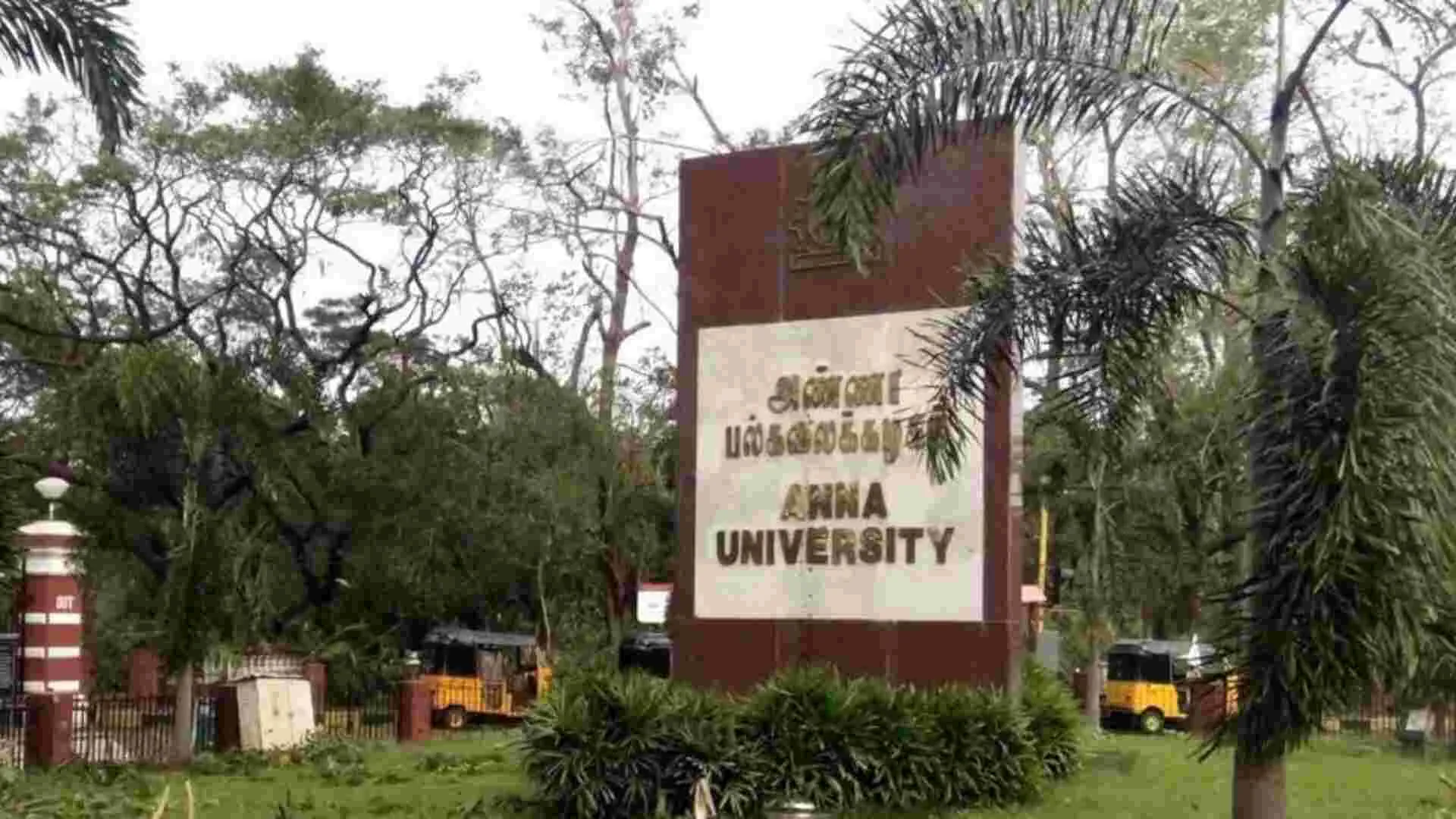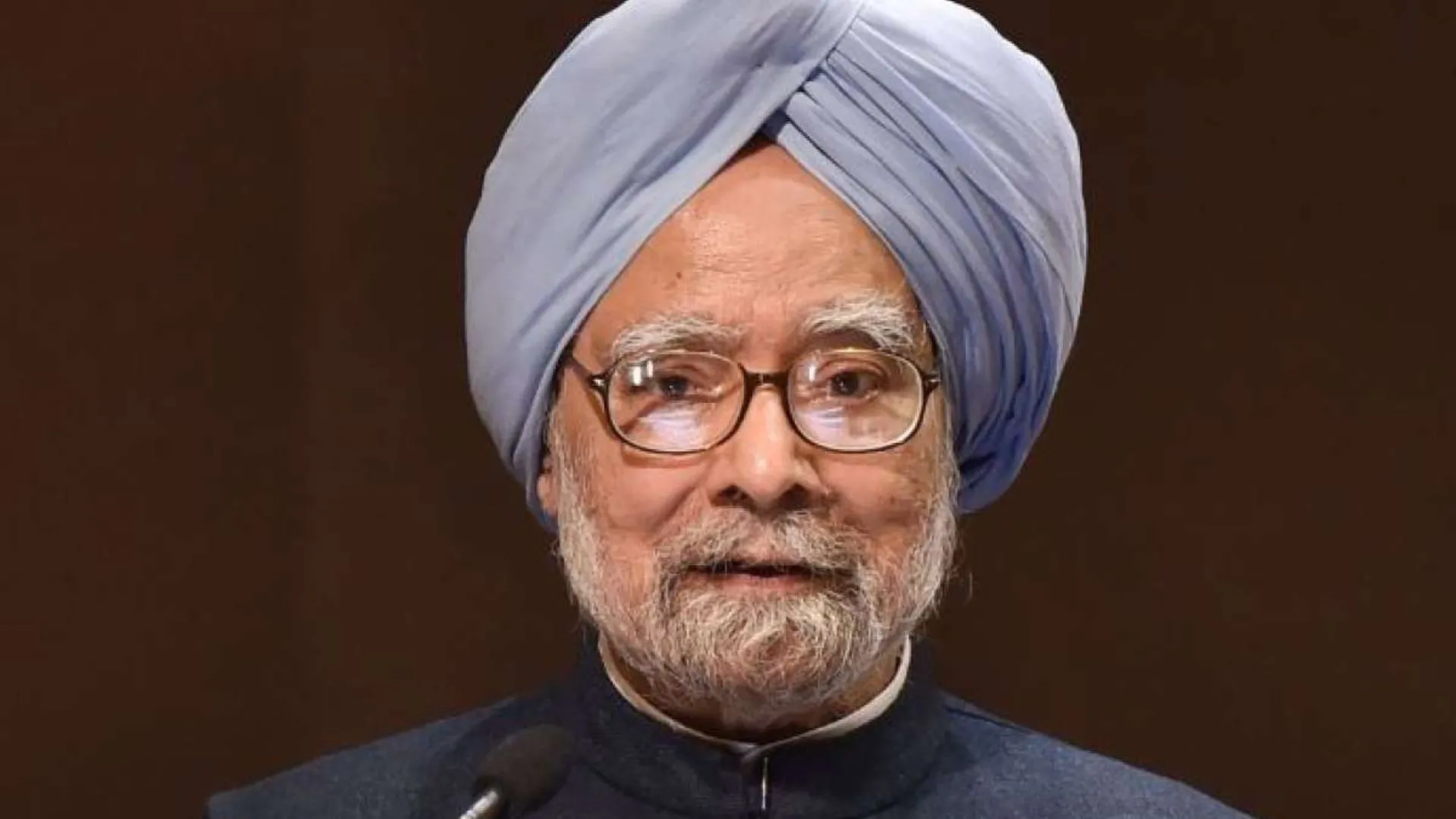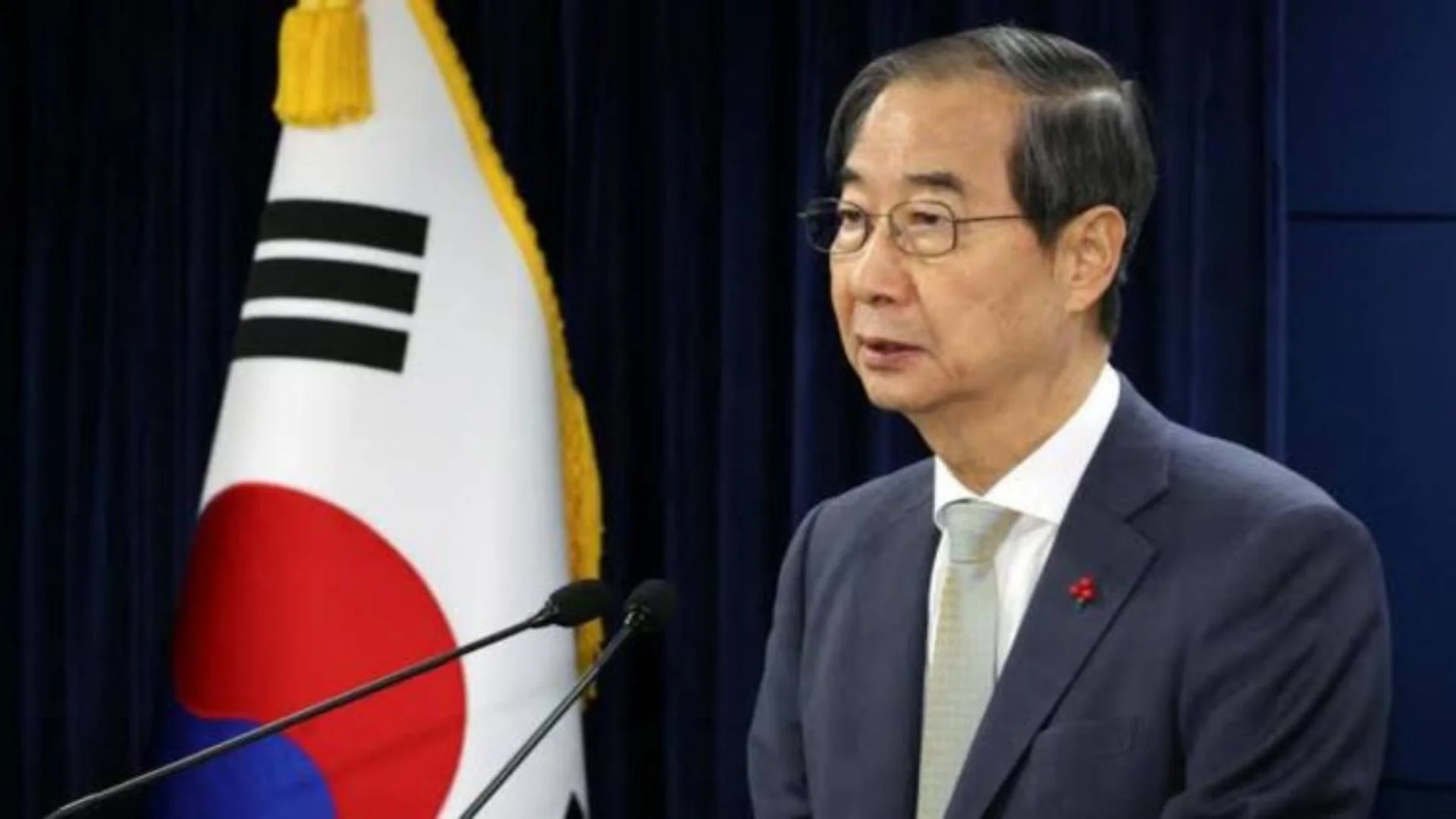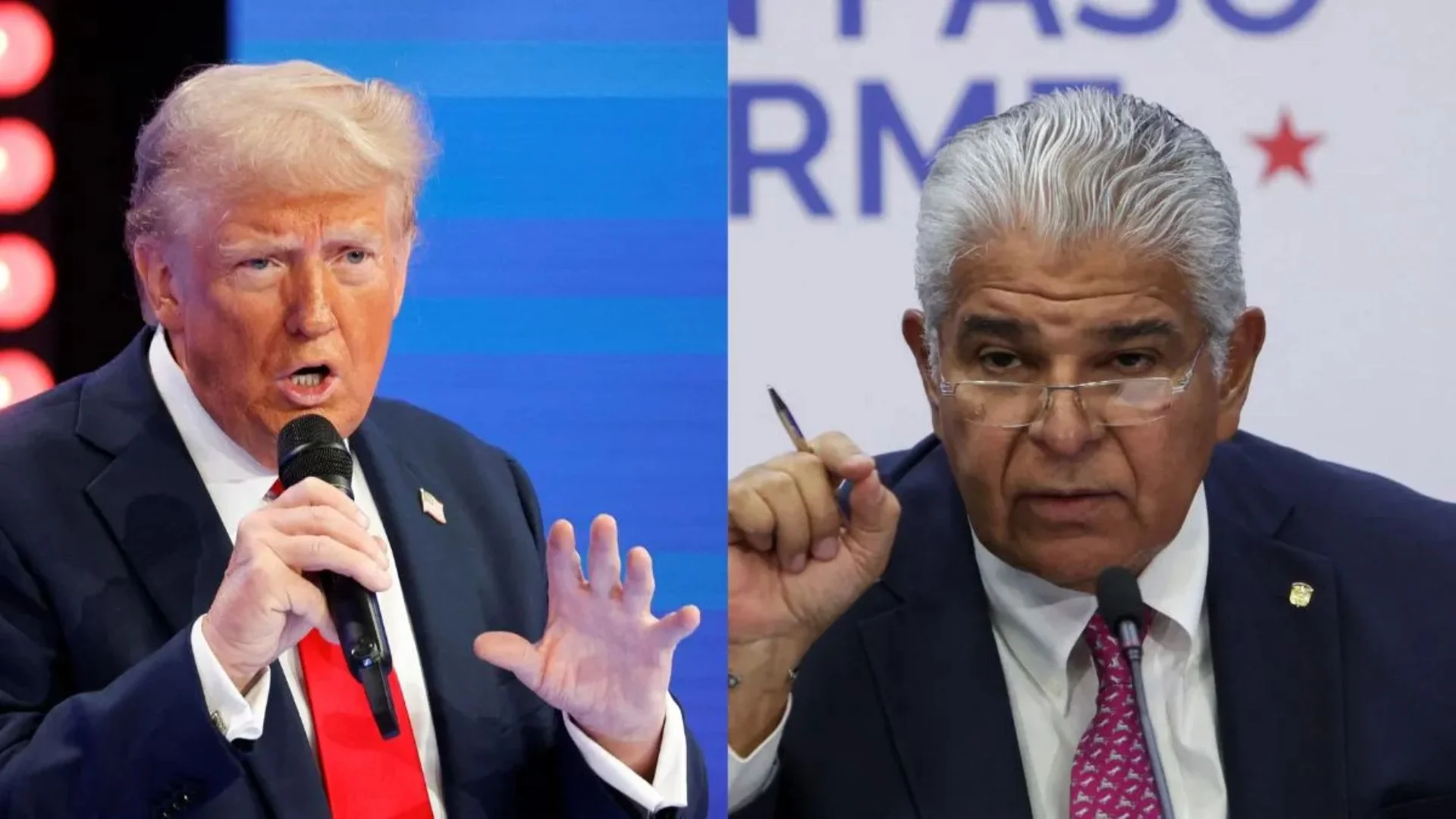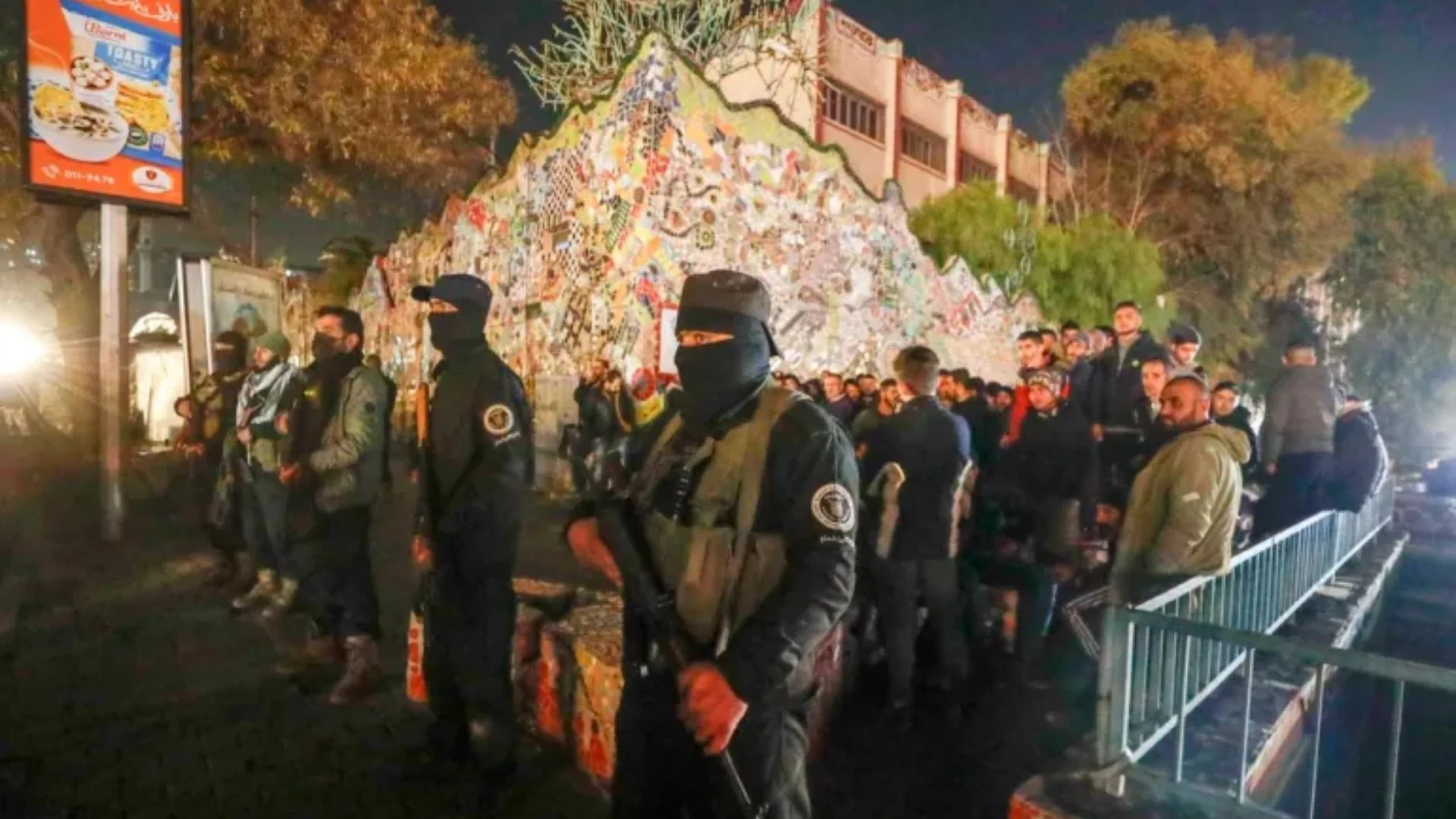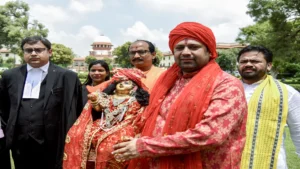The Supreme Court has scheduled a hearing for November on the Committee of Management Trust Shahi Masjid Idgah’s plea, which challenges an Allahabad High Court order. The High Court had rejected the mosque committee’s challenge to the maintainability of several lawsuits initiated by Hindu devotees.
A bench comprising Justices Sanjiv Khanna and Sanjay Kumar questioned the counsel for the Committee of Management Trust Shahi Masjid Idgah about the possibility of filing an appeal against the High Court’s single-judge order dated August 1 before a division bench. The court directed the lawyer to seek instructions on this matter and set the next hearing for November 1.
During the session, one of the counsel representing the Hindu devotees raised a preliminary objection regarding the Supreme Court’s jurisdiction over the appeal. They suggested that the mosque committee could move to the High Court’s division bench instead. Initially inclined to issue a notice on the plea, the Supreme Court later postponed the matter due to this issue.
Advocate Tasneem Ahmadi represented the mosque committee, while Senior Advocate Madhavi Divan and Advocate Vishnu Shankar Jain appeared for the Hindu parties. The legal firm Karanjawala and Company, through senior partner Meghna Mishra and associate Shreyansh Rathi, represented Rajendra Maheshwari, one of the respondents before the Supreme Court. Maheshwari had previously filed a civil suit in 2020 in the Mathura District Court.
The Committee of Management Trust Shahi Masjid Idgah approached the Supreme Court to challenge the Allahabad High Court’s August 1 order, which dismissed applications under Order VII Rule 11 of the Code of Civil Procedure (CPC). These applications were filed by the mosque committee seeking rejection of plaints in 15 different suits initiated by Hindu devotees.
The mosque committee filed the plea through Advocates Mehmood Pracha and RHA Sikander and requested interim relief to stay the High Court’s order. Over 15 suits by various plaintiffs have been filed, claiming rights over the Shahi Masjid Eidgah, alleging it as the birthplace of Lord Shri Krishna (Krishna Janmabhoomi).
In the plea, the mosque committee argued that they had been included as defendants in the suits and had filed individual applications under Order VII Rule 11 of the CPC for rejection of the plaints. They claimed the plaints were barred by laws such as the Limitation Act, the Places of Worship Act, the Specific Relief Act, the Waqf Act, and Order XXIII Rule 3A of the CPC.
The plea contended that the High Court had issued a flawed judgment by combining selective pleadings from the different suits filed by various plaintiffs into a composite suit. The High Court then dismissed all applications under Order VII Rule 11 of the CPC by issuing a single judgment. The mosque committee criticized this approach, arguing that the High Court failed to consider the specific pleadings of each case to determine whether a particular plaintiff was legally barred based on their pleadings.
On August 1, the Allahabad High Court dismissed the petition filed by the mosque committee challenging the maintainability of the lawsuits initiated by Hindu devotees. Various aspects of the Krishna Janmabhoomi-Shahi Idgah Masjid dispute are currently being dealt with in different legal forums. Previously, the Committee of Management Trust Shahi Masjid Idgah had filed an appeal in the Supreme Court against an Allahabad High Court order that transferred all petitions related to the Krishna Janmabhoomi land dispute from the District Court in Mathura to itself. This challenge pertains to the High Court’s May 26 order.
Also read: Supreme Court Reviews Siddique Kappan’s Bail Conditions in Hathras Case
Ranjana Agnihotri, a resident of Lucknow, had earlier filed a suit in the Mathura court seeking ownership of 13.37 acres of land belonging to Shri Krishna Janmabhoomi. Her legal suit demands the removal of the Shahi Idgah mosque, which is alleged to have been built in 1669-70 on the orders of Mughal Emperor Aurangzeb on the premises of the Katra Keshav Dev temple, near the birthplace of Lord Krishna.

